“I may not be an influencer, but I was the first person to buy a Schlumberger Parrot Brooch after the Beyoncé act came out,” cries Bitsy Von Muffling in last week’s episode of And Just Like That, upon discovering that she wasn’t invited to the Tiffany’s tea-time event (*spoiler alert: it got lost in the spam*).
“Breakfast at Tiffany’s? Please, they owe me breakfast, lunch, and dinner!” she adds, before storming away to send the flagship store manager her purchase totals for last year. And just like that (sorry!), we were once again left wondering what exactly these people do for a living.
Yet, bad television aside (that we all hate-watch nonetheless), there’s some truth to Bitsy’s blatantly bourgeois meltdown that mirrors the behavior of the one percent. Lauren Sánchez’s Hermès Porosus Crocodile Kelly Midas, which she lugged to her wedding to Jeff Bezos in Venice last month, features a handle fashioned out of 18K yellow gold.
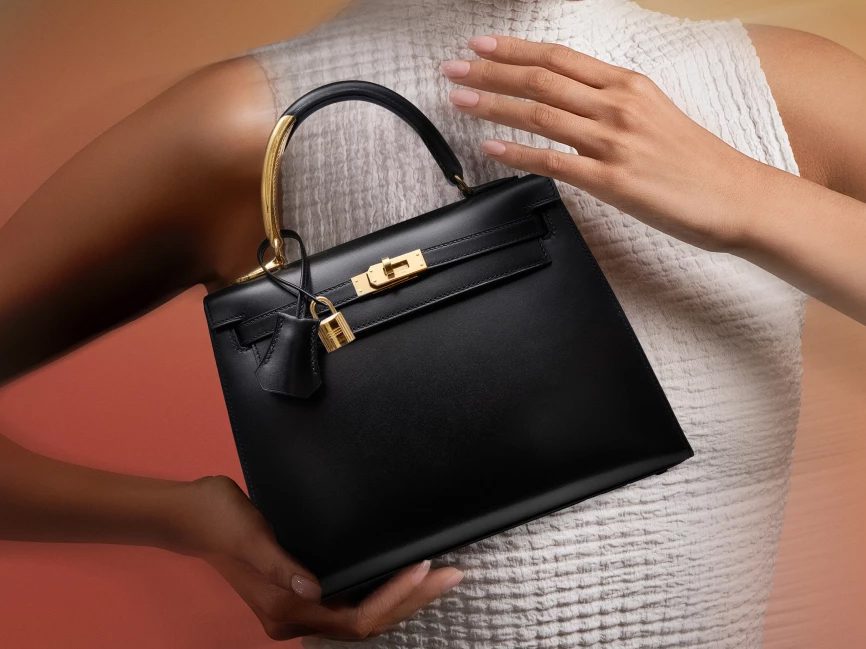
Not gold-plated. Solid gold. The handle alone weighs 183 grams.
And like Sánchez’s Midas touch (see what I did there?), there’s the cautionary tale of Buzz Bissinger, sports journalist and best-selling author of Friday Night Lights, who likens his addiction to shopping (specifically, Gucci) to drugs or gambling: “the futile feeding of the bottomless beast and the unavoidable psychological implications, the immediate hit of the new that feels like an orgasm and the inevitable coming-down.”
“Luxury is fundamentally a state of mind,” says John Scott, former president of The Orient Express. Luxury, however, is also a multi-billion-dollar moneymaking machine that feeds off the loyalty of its customers.
The only question is: do you qualify?
Loyalty Over Royalty
To Jeffrey Berk, CEO of Miami-based reseller Privé Porter, there are two kinds of Birkin buyers: those who are prepared to do the required “groveling at Hermès” and those who aren’t. His clients include pop-culture royalty – Cardi B, Offset, Kris Jenner – and literal royalty (“a Jordanian prince, a Saudi royal …”). But it’s not these people – “who don’t want to walk into Hermès and be told what to do” – who classify as loyal customers.
Instead, it’s Chicago-based philanthropist Laura Sachs, a self-proclaimed “Chanel girl through and through” who celebrated the births of her three daughters by wearing a new pink Chanel jacket on each trip home from the hospital that will belong to them once they’re older. Suzanne Saperstein, “a relic on the scene” at the Paris front rows since the ’90s, counts designers Gianfranco Ferré and Jean Paul Gaultier among her friends.
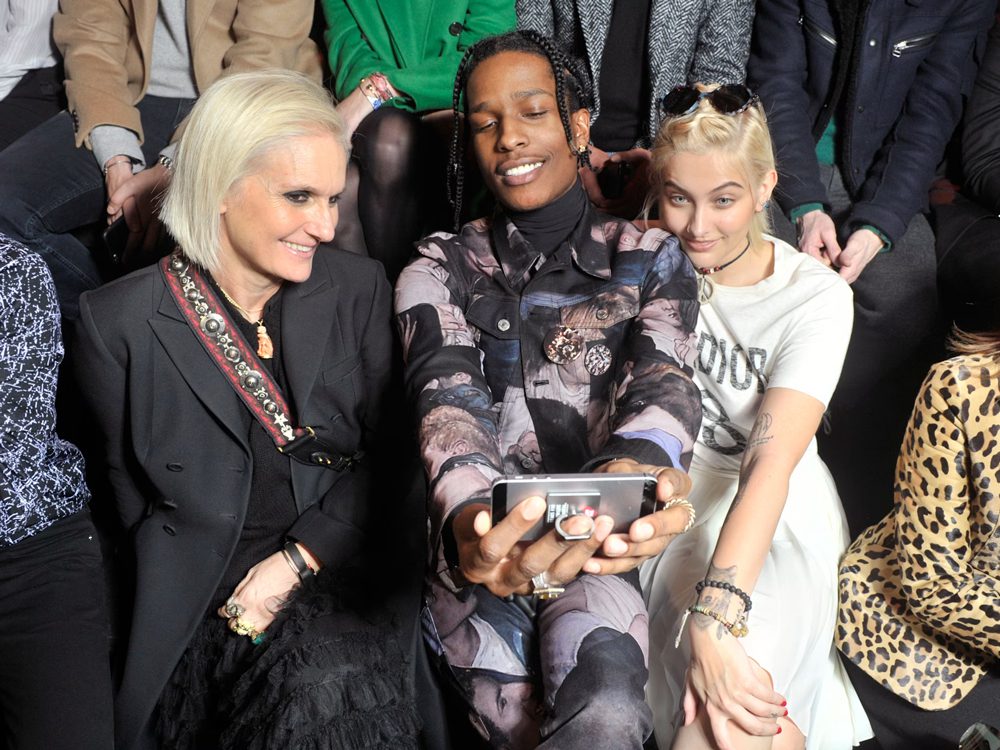
Mrs. Sachs, for instance, regularly makes it to Chanel’s haute couture guest list, with accommodations at The Ritz’s Coco Chanel suite in Paris, and a seat next to Pharrell at brand dinners. Mrs. Agha’s VIC invites were extended to her two daughters. Gucci Salon opened as an appointment-only VIP store in Los Angeles, and the brand has also flown clients to Coachella or hosted special movie screenings in the Royal Suite of Savoy London.
Louis Vuitton and Brunello Cucinelli have opened similar brand experience stores in the Zhang Garden of Shanghai and Casa Cucinelli in New York, respectively. At the same time, Saks Fifth Avenue offered exclusive VIP invites to the Oscars and Wimbledon. “It’s what money can’t buy,” says chief customer experience officer Isabel May of Mytheresa.
But is simply having (obscene amounts of) money enough?
Till Death Do Us Part?
According to Oxford, loyalty is “a strong feeling of support or allegiance.”
And yes, my boo, you can rest assured that I’ll be right by your side, through thick and thin (you know, for better or for worse, for richer, for poorer, in sickness and in health, till death do us part – the whole shebang).
But loyalty, or specifically, brand loyalty, is a little more, well, transactional.
“There are new ways to cultivate clients, more money being spent on clients, more clients spending more money,” says writer Amy Fine Collins, a VIC herself. Nor is it always clearly defined how one becomes one in the first place.
Of course, it goes without saying that “loyal customer” or VIC are monikers generally reserved for frequent shoppers. This often stipulates a healthy and regular spending profile and, more often than not, a deeply entrenched relationship with one or more Sales Associates (SAs).
In fact, the very idea of preferential treatment that’s so widespread now emerged during COVID-19, when top shoppers stopped visiting the stores, and brands had to go to them—to their homes, and later, to private dinners with Cate Blanchett, rarefied Ritz suites, Palm Beach pop-up activations, and private runway shows in The White Lotus–esque destinations.
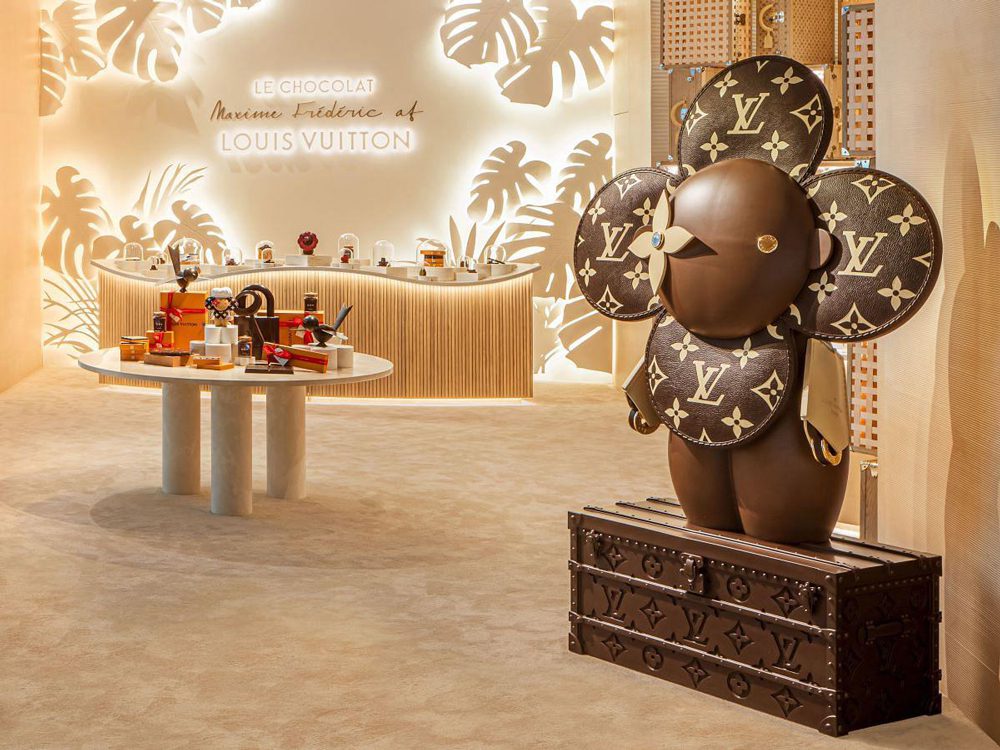
Yet, even with those unspoken spending expectations – at the likes of Chanel, Dior, and Louis Vuitton, “$100K doesn’t do anything anymore,” says an L.A.-based stylist, “now it’s $200K a year” – even if you belong to that 2% that, according to Bain, drives 40% of luxury sales, you can still be *gasps* refused.
The Real Housewives, for instance, with their uniform sheath dresses and shopping bags, have long belonged in this category. “The customer driving global luxury is quite tacky in many cases, and no one really admits it,” confides a fashion investor. Hermès faces an antitrust lawsuit for refusing Birkins to buyers. To amplify that “I don’t belong here” first-timer FOMO, some brands employ plebeian-snubbing snobby sales associates to drive sales!
“Having money isn’t enough anymore. You have to embody what the brand wants people to see,” says image consultant and stylist Nolan Meader.
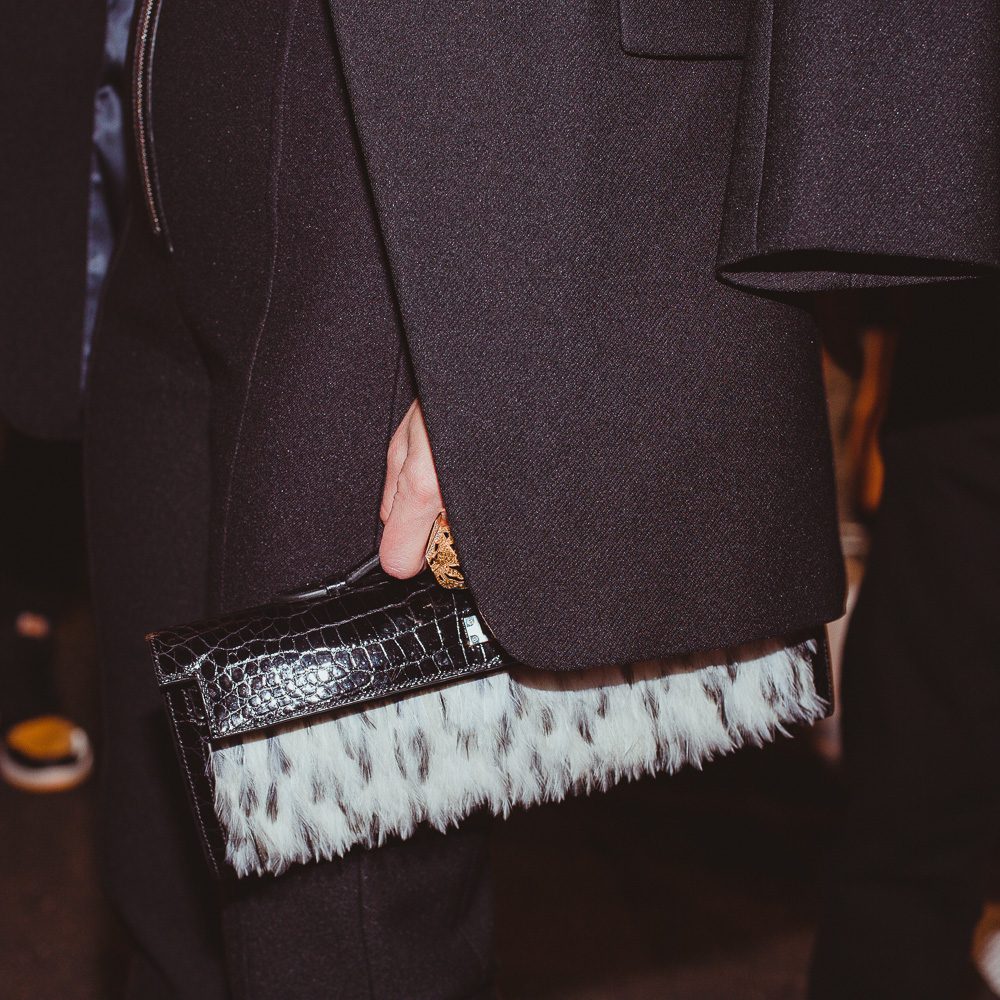
Loyalty – But at What Cost?
“Fashion has never been more relevant in mainstream popular culture than now,” write Tony Wang and Michael Yeung of 1Granary.
And it’s access—and insider access—that has become the cool new currency. Louis Pisano of the Substack Discoursted unveiled last week her investigation into the machinations of the Paris Fashion Week black market, a “bizarre economy of selling access, where a Chanel invitation can allegedly command €10,000 or more.”
But how different is it really from the mechanism of Vogue 100, an invitation-only $100,000 a year sorority that allows members exclusive access to Madame Wintour herself?
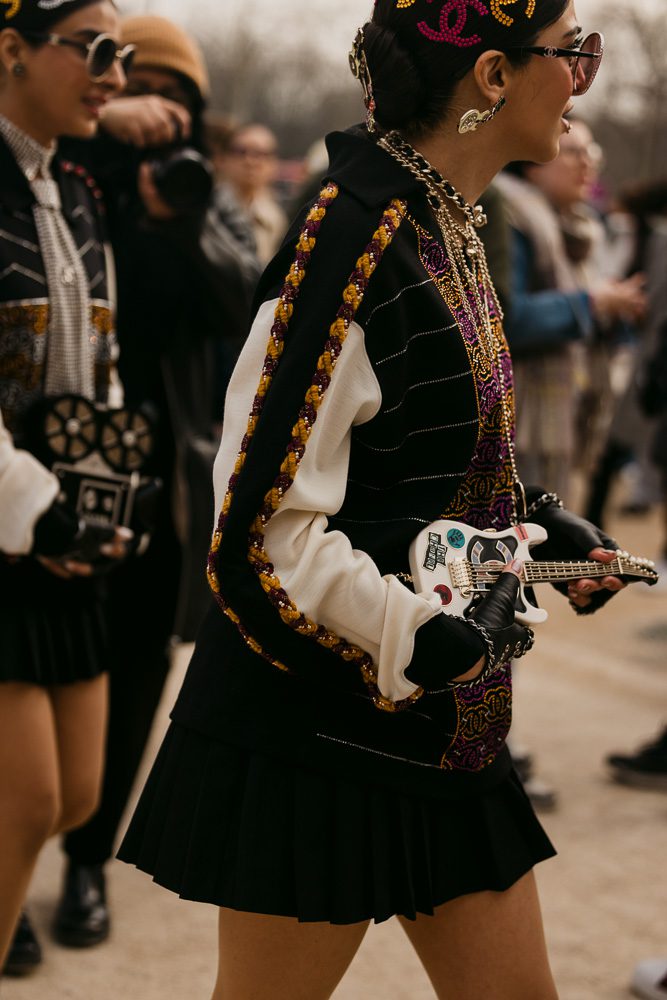

Plus, these getaways – to the Monaco Grand Prix, to St. Moritz to ski, to Art Basel Miami – allow buyers a respite from the one-dimensional flatness of buying via the internet, as well as a break from the monotony of escaping their usual lunches and luncheons. These are places where they actually get to wear their outrageously overpriced and ostentatiously fabulous acquisitions, and maybe even show off a bit in the ’gram – quiet luxury be darned.
This pandering to the one-percenters, however, also highlights increasing income disparities. VIP-only stores, by definition, are discriminatory, as is The Row’s decision to eschew phones at its fashion presentations. And what previously amounted to a 1x-1.5x pre-spend at Hermès – or “Birkin Bait,” as The Notorious Pink defines, “money that you have spent so that you will be invited to spend more” – has now jumped to 3x to 5x more.
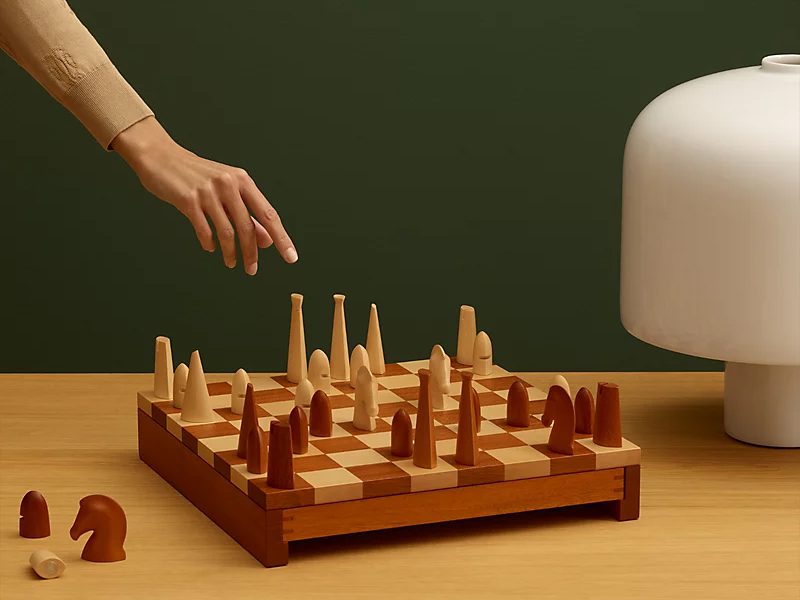
But even that $15,700 Samarcande Chess set in leather and sapodilla wood, at the end of the day, isn’t guaranteed to land you a Birkin.
Yet, you choose to remain loyal. Because that, dear reader, is the price of loyalty, and this loyalty, in turn, confers status. As Pisano writes, “if status is the dream, someone will always be selling the fantasy.”

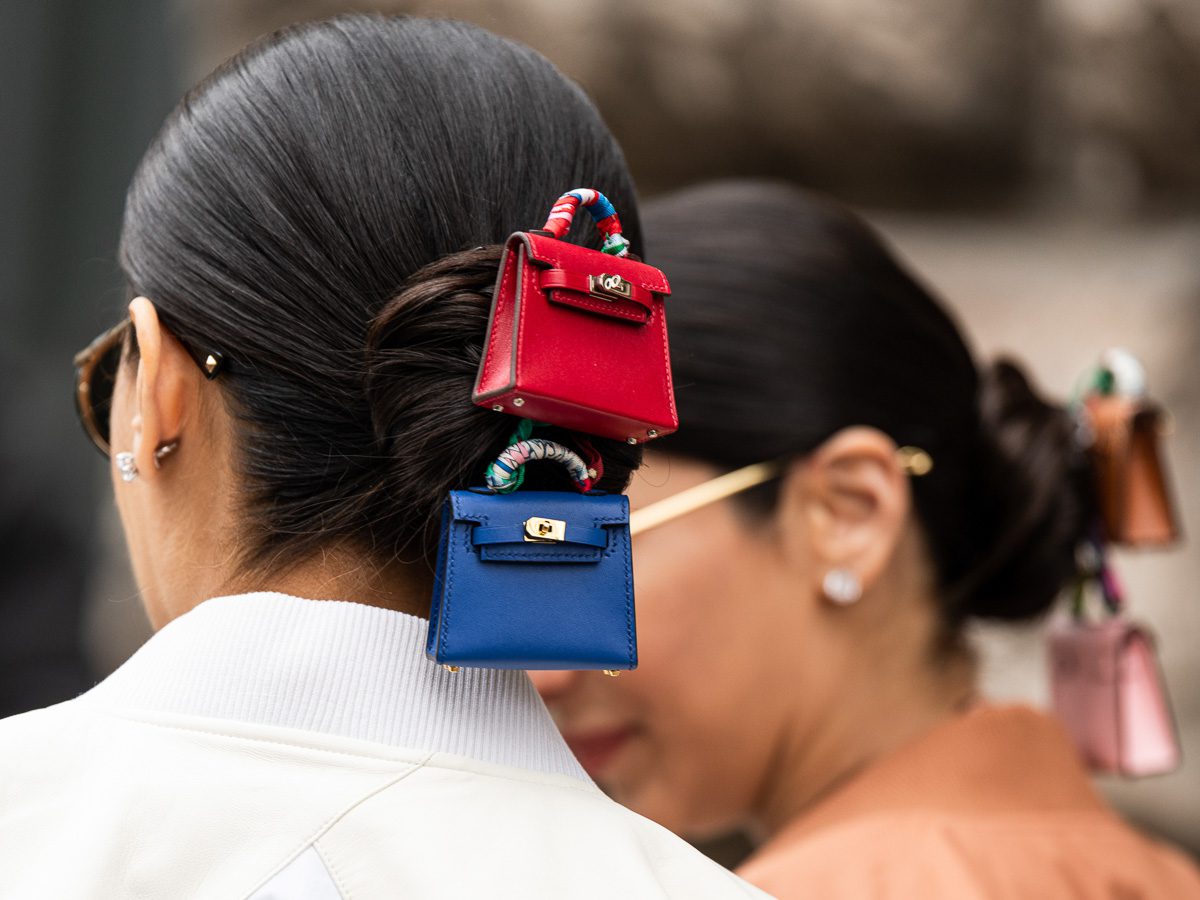
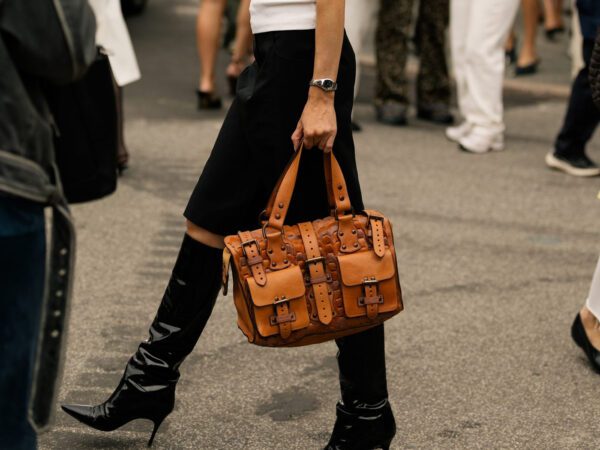
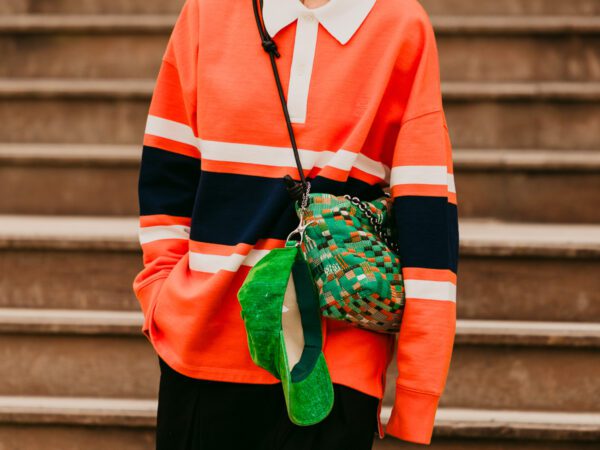
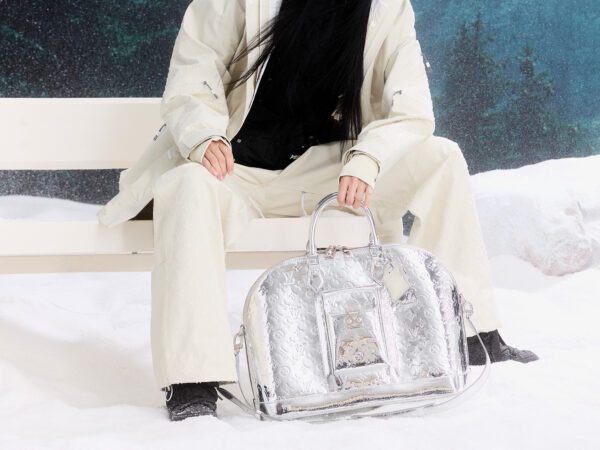
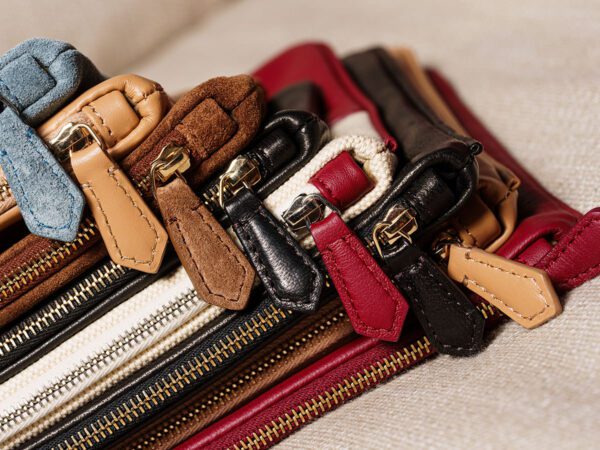

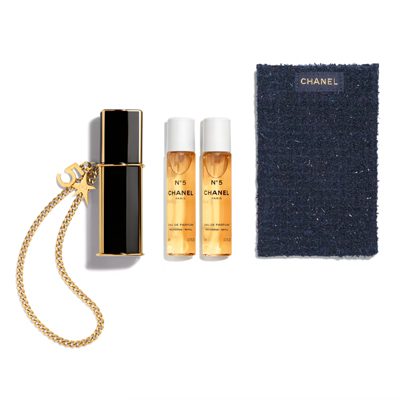
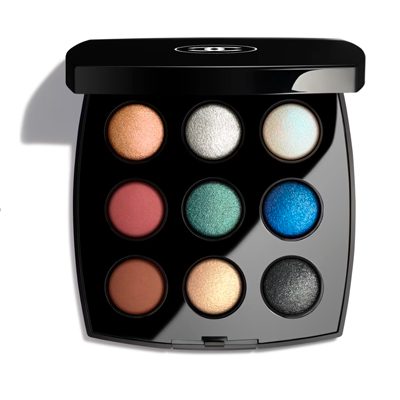
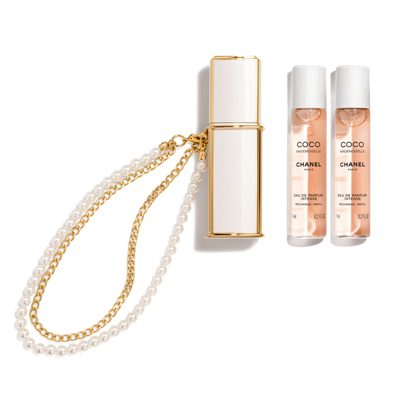
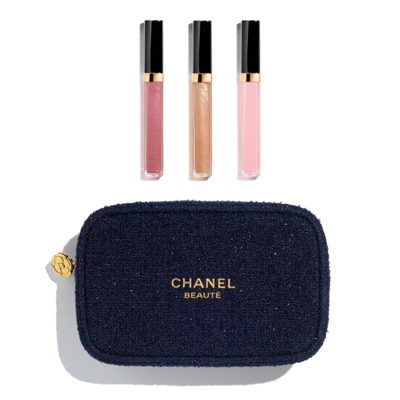

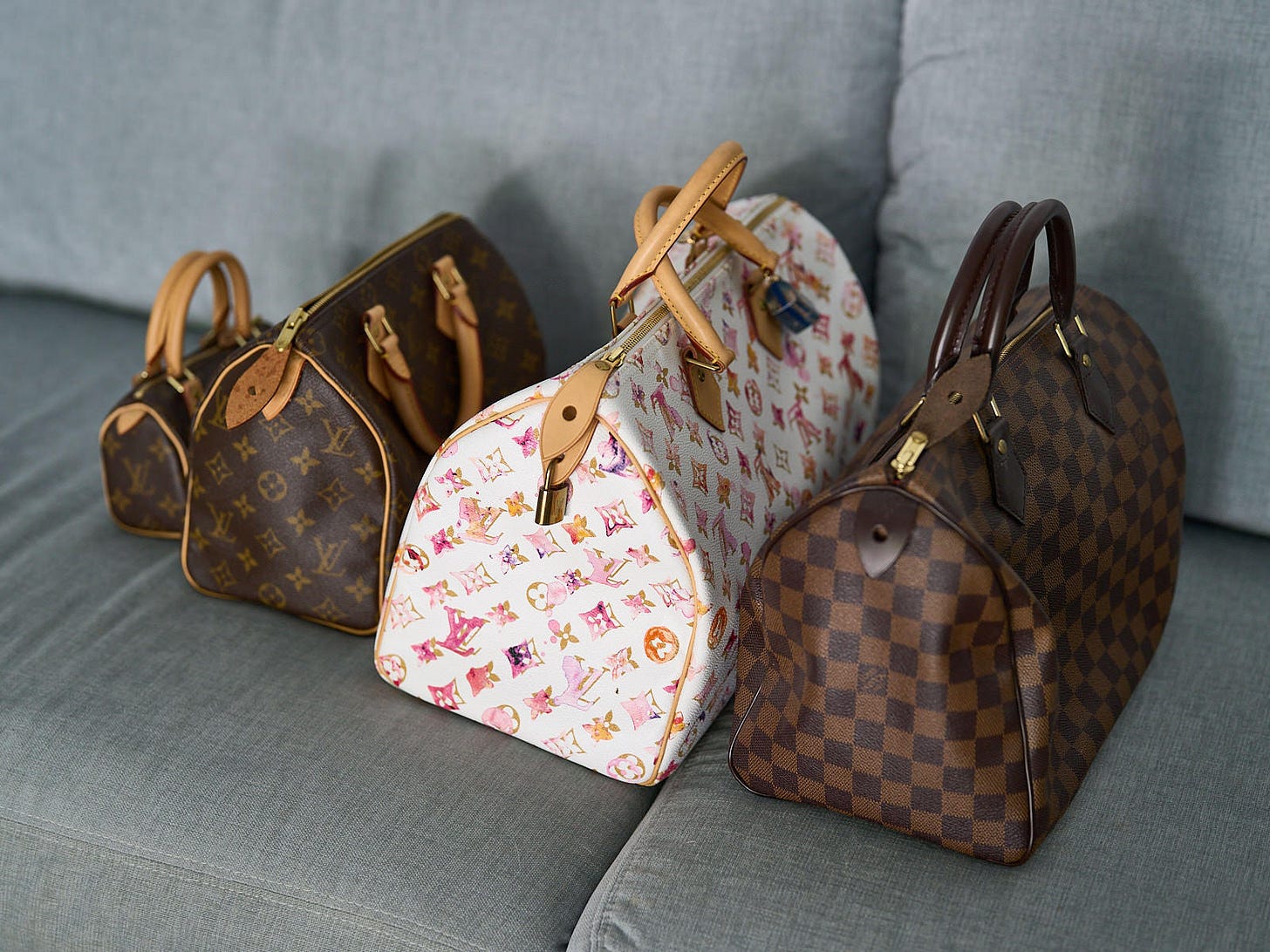


Some people “chose not to be loyal” anymore and it’s mainly because of the games that Hermes plays which, by the way, constantly change. I know this as a 15 year extremely loyal customer to Hermes. For years, I was offered Birkin’s 2-3 a year, and I purchased many other bags like the Lindy, Garden Party, Kelly’s in addition to scarves, jewelry, ties, blankets, shoes, etc.
However, more recently I was informed that I’d “have to prove my loyalty to the house, annually”. Fifteen years isn’t “proving loyalty”? So, this meant that I had to expand my buying to include items that I didn’t want/need like household goods, clothes etc. And every year the buying started fresh; however, I wasn’t guaranteed a bag. I loved the quality and craftsmanship of Birkin’s, and thought it was all worth it. However, eventually with the many rules and all of the nonsense that went with it I woke up, and ended my relationship with Hermes. Was I partly brainwashed or just stupid? Yes, I was.
However, Hermes doesn’t care to protect their loyal customers because we are expendable. When we leave there are many more to take our place. The ridiculous games that I was once a part of will now be played by new, and eager players, but they may eventually get tired of the “buy, buy, buy” mentality that Hermes, maybe more than any other design house, perpetrates.
Hermès, like all brands, only cares about its customers when they spend big and spend big regularly. Like you, I bought a lot of things from Hermès over the years and I used to receive excellent, personalized service. But I can’t pile up endless Hermès bags, shoes, and accessories in my closet just because… So my spending as slowed down and I spend more on experiences these days.
I notice that big spending tourists—from the UAE for example—receive all the attention. Oh well, I really don’t care. My self-worth is not related to how Hermès treats me.
The best thing about growing older is that you no longer care about luxury brands the way you do when you’re in your 20s and 30s. It’s all so superficial. There is no need to take any of it seriously. I buy what I want and need—no longer caring whether I’m considered a VIC. Life is too short!!
Very elegantly written!
After 35+ years of loyal buying, I gave Hermes the heave-ho 3 years ago. I started buying bespoke bags. The craftsmanship of bespoke bags puts Hermes’ to shame. Bean counters at Hermes have forced artisans to manufacture the bags in half the time, e.g. 35 hours to 17 hours to construct a Birkin or Kelly. You can’t tell me corners are not being shaved elsewhere.
I am entirely happy with my decision. Hermes used to be my favorite store, a real happy place. I just roll my eyes if I stroll past the store nowadays. I’ve sold the majority of my Birkins and Kellys. They’re too flashy now.
I suggest you research bespoke artisans. You won’t be sorry.
Claudia R, your point about bespoke craftsmanship truly resonates with me. There is something incredibly special about connecting directly with a creator, seeing your ideas brought to life with care and attention, qualities that larger houses, regrettably, often lose sight of. Embracing independent artisans frequently results in unmatched quality at a fraction of the cost demanded by big brands, along with a deep personal satisfaction that celebrates true individuality.
Over time, I too have sold or passed on many of my Birkins and Kellys. Luckily (for now), my SA understands me well and knows that I’m not interested in furniture or homewares just for the sake of loyalty.
I’m not loyal to any one brand. I like it all. Therefore, I’m not interested in developing a relationship with a sales associate. If I see something I like, I want to buy it. If a design house doesn’t want to sell to me, cool. I’ll take my money elsewhere. I’ve always been like that. I don’t need anyone’s permission to spend my money. It’s insulting.
Same with airlines. I have no reason to chase “status.” I buy first/business on the most direct and convenient routes with the cheapest price available.
The fact that people are using the term “luxury” to describe this treatment is gaslighting at its finest. This is abuse, pure and simple.
The big problem isn’t that brands are expecting and rewarding the loyalty of their big spenders – it’s that they are demanding loyalty of their ordinary customers, but aren’t giving that loyalty to their customers or their staff.
I was reading, in “The Cartiers,” the great grand-daughter’s biography/history book, how Pierre Cartier wrote to his designers and sales associates who had been conscripted to the front lines during WWI and WWII, and how he paid their medical bills if they were injured. And these people were loyal to the company through the next generation. Now, it’s rare if you see someone still working in the same store after a year. And I suspect that a good part of that is because the companies aren’t loyal to the SAs, making them deal with constantly shifting commission goals and dealing with angry and disappointed customers.
I shouldn’t feel like I’m inconveniencing a sales associate to look at the newest scarves. I shouldn’t have to fight for my SA’s attention. I should be able to get a text or call back if I have a reasonable, shopping related request. I shouldn’t have to pay to transfer items in or pre-pay. I should have access to after-market service. I shouldn’t be lied to. “I’m sorry, but that bag is promised to someone else” is a reasonable statement. But “the store manager looks more favorably on people who buy fine jewelry” is probably the truth, but also a lie.
I don’t want to be trapped into a high-school popularity contest at my age. But “luxury” culture means that SA’s feel like that have to keep shoving more people into their rosters in order to make a living, and there isn’t enough for all those people, and as a customer, I feel like I’m squeezed out. And yes, annoyed. I’m not anyone’s VIP customer. I might spend 10k on one to five items a year. But I am a steady, and if treated well, loyal customer and have been for the last forty years.
I really enjoyed this article! I like your sentence about hate-watching And Just Like That, so true! I also like yoU mentioning that very tacky people often drive the luxury market unfortunately. Every time I watch And Just Like That I think tacky the entire time!
The Hermes BS is not for me, I will never gravel to be given the opportunity to give them thousands of dollars. I love so many other brands so why would I? I personally love Chanel and have had very good experiences with their sales and products.
I think what you’re describing is not loyalty, but a never-ending chase. It’s very sad and empty.